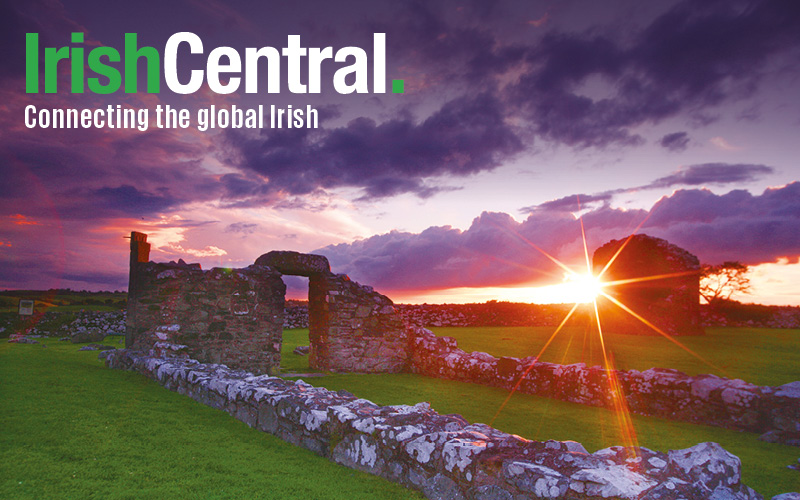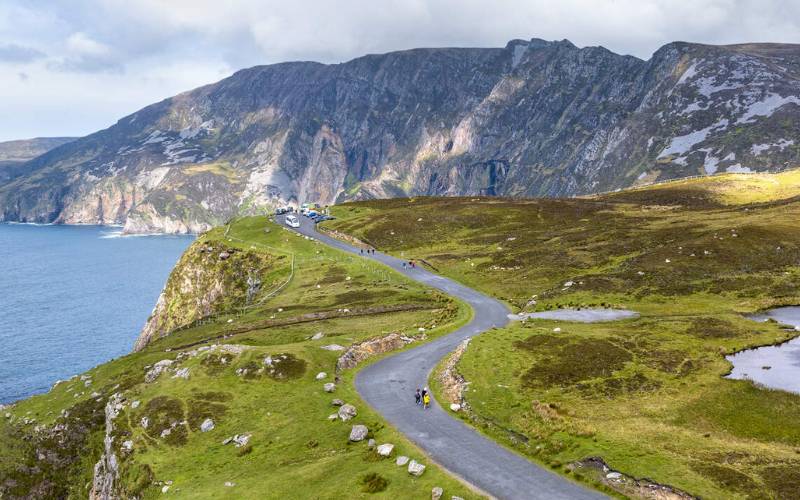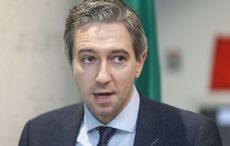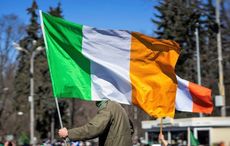WASHINGTON, D.C. - It's a long time since Easter 1916 was invoked in the U.S. Congress, but Taoiseach (Prime Minister) Bertie Ahern did just that last Wednesday, April 30.
The retiring taoiseach was on his victory lap of the U.S., and a Joint Session of Congress had been arranged for him.
Up until recent years the legacy of Easter 1916 and the Irish uprising was a deeply disputed one. Opponents of the IRA campaign claimed that the Rising had given their cause spurious legitimacy. Supporters stated it was Ireland's foundation legacy, the very touchstone around which the modern state was built.
Until Ahern reinstituted the annual 1916 march and commemoration in 2006, the numbers who feared to speak about Easter week was far greater than those who wanted to remember it.
Easter 1916 was finally put back in its correct place atop the pantheon of Irish history by Ahern's remarks in Washington.
He quoted the most remarkable passage in the proclamation: "The Re-public guarantees religious and civil liberty, equal rights and equal opportunities to all its citizens, and declares its resolve to pursue the happiness and prosperity of the whole nation and all its parts, cherishing all the children of the nation equally."
The words are resonant of the Declaration of Independence, especially on the pursuit of happiness. They also place in perspective the remarkable vision of Ireland's founders as surely as the Declaration of Independence did for Jefferson and Washington and all the others.
Ahern's speech captured the new moment perfectly, and by making it before the great institutions created by the American founders he gave the men of Easter 1916 even greater legitimacy.
Last Wednesday was also Ahern's last hurrah in the U.S, and a number of American politicians had turned up to wish him Godspeed.
The great chamber of the House of Representatives was full and Irish leaders of our era - Senator Edward Kennedy, Senator Patrick Leahy, Congressmen Pete King, Ritchie Neal and Jim Walsh among them - had turned up to say farewell to one of the most popular Irish politicians ever on this side of the Atlantic.
It was a moment to savor, especially for those American politicians like Kennedy who had played such a massive role in helping bring peace to Ireland.
For decades the leaders of Ireland had appealed for more time and patience and American help to bring peace to the troubled island. Throughout, Ted Kennedy above all held the hand of welcome out and strived to help as much as he could. There were many setbacks along the way, but Kennedy was always a beacon light to keep hope alive.
Now here, at last, was an Irish leader announcing mission accomplished. Little wonder that Kennedy in particular seemed jubilant on this day. His decision to bring a full court press on the Gerry Adams visa back in 1994 request played a huge role in the American part in the peace process.
Press reports in Ireland bemoaned the fact that the number of elected representatives present at the Joint Session to hear Ahern talk was not greater.
The fact is that most sessions are similar in that very many politicians avoid them and leave it to staffers to fill their places. I remember a similar scenario when former Irish leader John Bruton had the same honor in 1996.
It hardly mattered anyway as Ahern delivered a stem-winder of a speech that had at the heart of it the statement that for the first time an Irish leader could stand in the well of the House and announce that there was peace in Ireland.
It was a simple but profound statement, and its reality was not lost on those present. They leaped to their feet and applauded a man who had done as much as any to make it a reality.
Ahern also mentioned the plight of the undocumented Irish in America, and received a scolding later that day on the nightly anti-immigrant rant hosted by Lou Dobbs on CNN. Ahern should wear it as a badge of honor.
Though he is now gone from power, it is unlikely Ahern will be forgotten. He is still a young man in political terms, just 56, and there are rumors of major job offers, including a possible role as Europe's first ever-elected president.
Whatever he does, he will hardly surpass the role he played in bringing peace to Ireland. Last week America paid the respect due to this peacemaker.




Comments